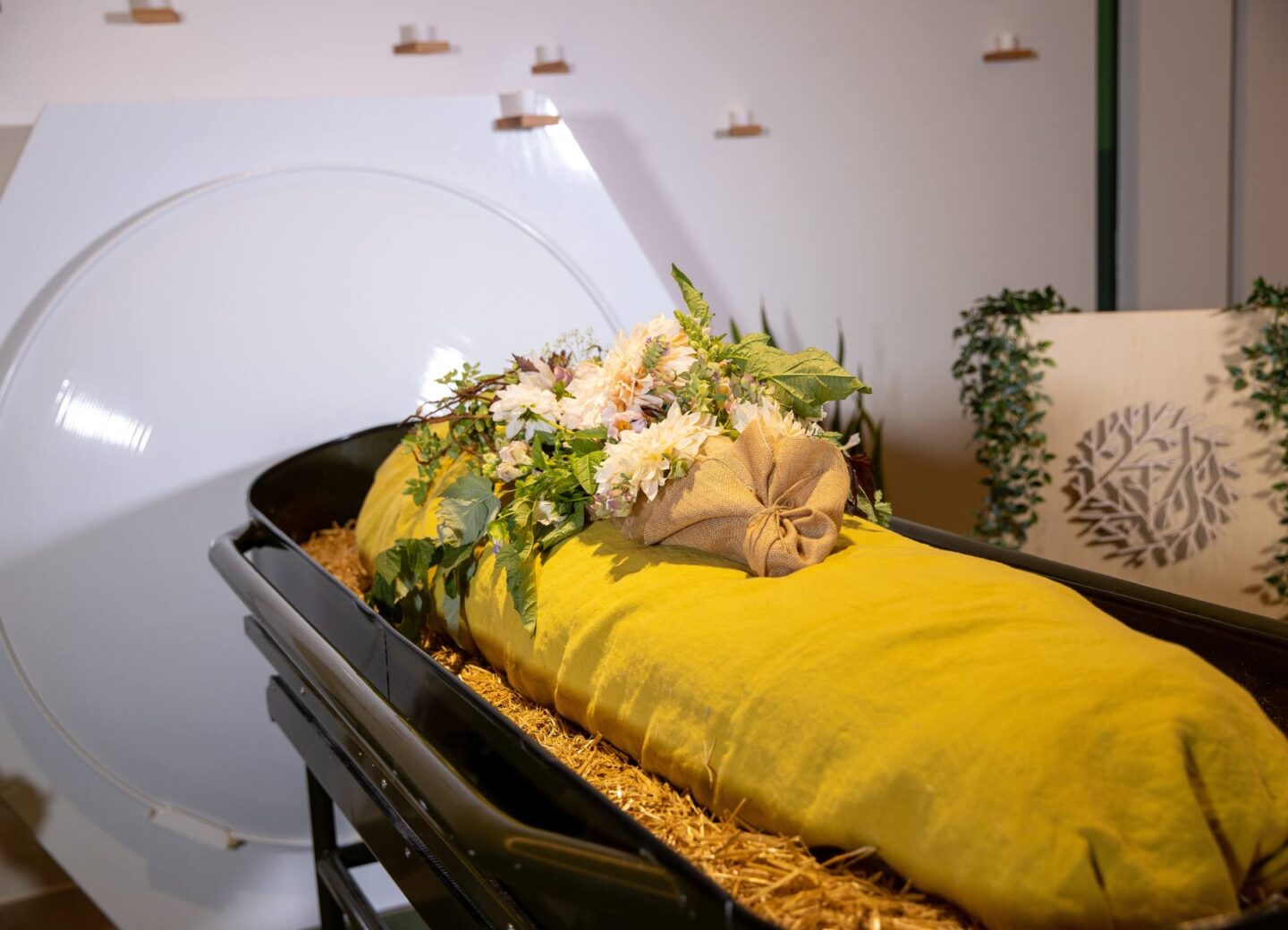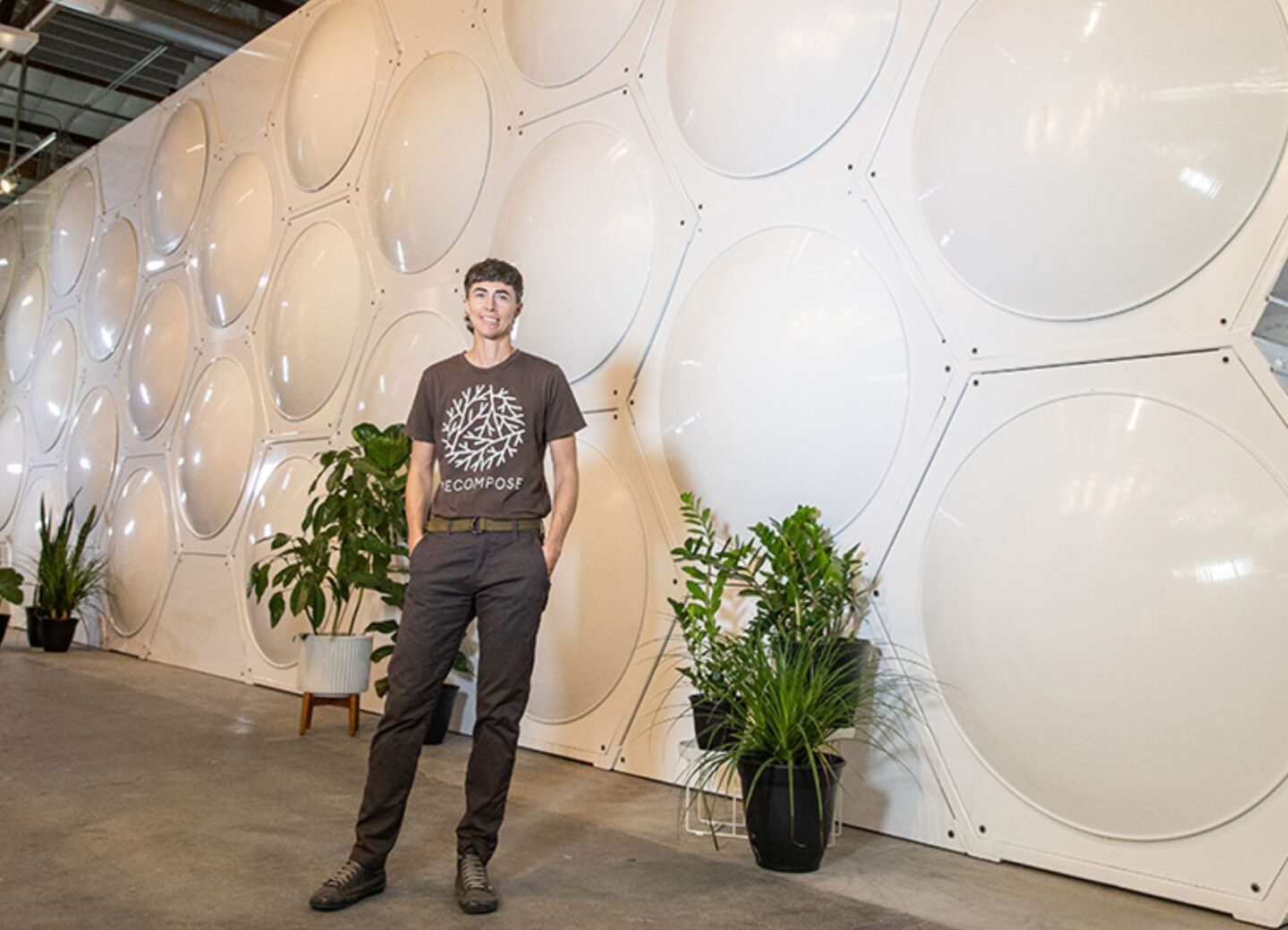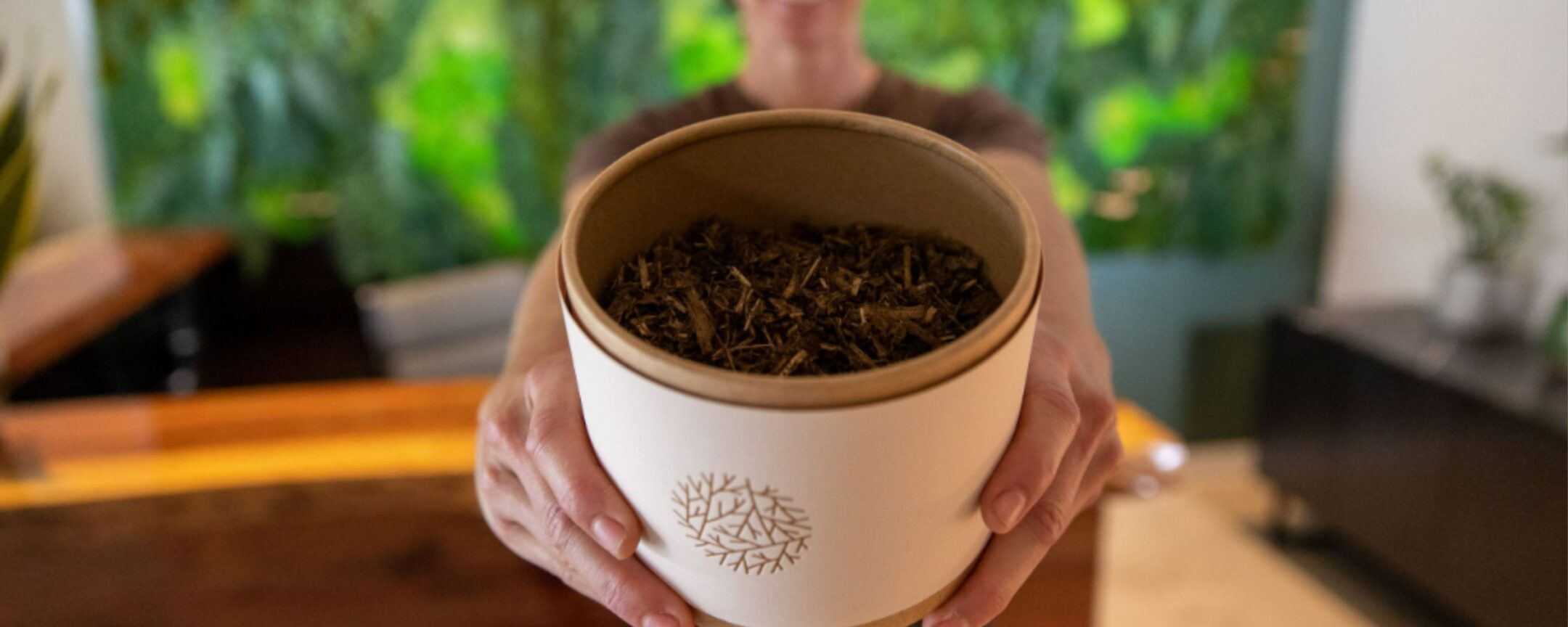Human Composting Advocacy in Rhode Island
Take action to help legalize human composting
H6045 was introduced in the House of Representatives in March 2023 but it did not make it out of the House Corporations Committee. To help build momentum, we encourage you to express your support of human composting to your state legislators.
Voice Your Support
Below is an email template you can use as a base to write your Rhode Island State legislators to express your support of human composting. We’ve learned it’s important to personalize your letter and add your own story about why you support this legislation. Not sure who to write or where to send your email? Find contact information for your state legislators here.
If you’re new to legislative advocacy, it might be useful to read this quick overview from the Rhode Island General Assembly of how a bill becomes law.
Email Template
Subject Line: Please Support Natural Organic Reduction / Human Composting
Dear [REPRESENTATIVE OR SENATOR],
I am writing to express my hope that you will support natural organic reduction, also known as human composting. It is now legal in quite a few states including: Washington, Colorado, Oregon, California, Vermont, New York, and Nevada, and I would appreciate this option being available to residents of Rhode Island, too.
[INSERT HERE WHY YOU PERSONALLY SUPPORT HUMAN COMPOSTING]
Thank you for your attention to this.
[NAME]
[ADDRESS]

How does Human Composting Become Law?
In the U.S., the laws governing human remains vary greatly from state to state, as do the processes for passing new laws. Washington State was the first state that legalized human composting in 2019. The process took two years from the initial conversation with our representative until the law was passed, and another year until it took effect. The second state to legalize human composting, Colorado, passed the law in just under a year.
Because of the difference from state to state, we don’t have a template for how to pass human composting laws. However, we wrote an overview of what the process can look like to help you understand what it may take to pass legislation in your state.

About the Death Care Industry
Funeral practices like cremation and embalming have a profound impact on the environment.
Each year, about 3 million people die in the U.S. Cremation burns fossil fuels and emits carbon dioxide and particulates into the atmosphere. Conventional burial consumes valuable urban land, pollutes the soil, and contributes to climate change through the resource-intensive manufacture and transport of caskets, headstones, and grave liners. Every year in the U.S., caskets alone use four million acres of forest.
What we do with our bodies when we die matters. Human composting allows you to choose an option that supports new life after death. There is poetry in giving back to the ecosystem that has supported us our whole lives.

About Recompose
A decade ago, Katrina Spade recognized the need for a sustainable and scalable urban death care alternative. She spent years working with scientists and legal advisors designing the process to transform human bodies into soil. Since then, Katrina has helped write bills with state legislators, testify before committees, and ensure a safe process with regulators once a state legalizes human composting to help bring this ecological death care option to people everywhere.
In 2017, Katrina founded Recompose, a public benefit corporation based in Seattle and the world’s first human composting company. Recompose started accepting bodies for human composting in December 2020.
In 2022, we began sharing our facility with the public through tours in-person and online.










